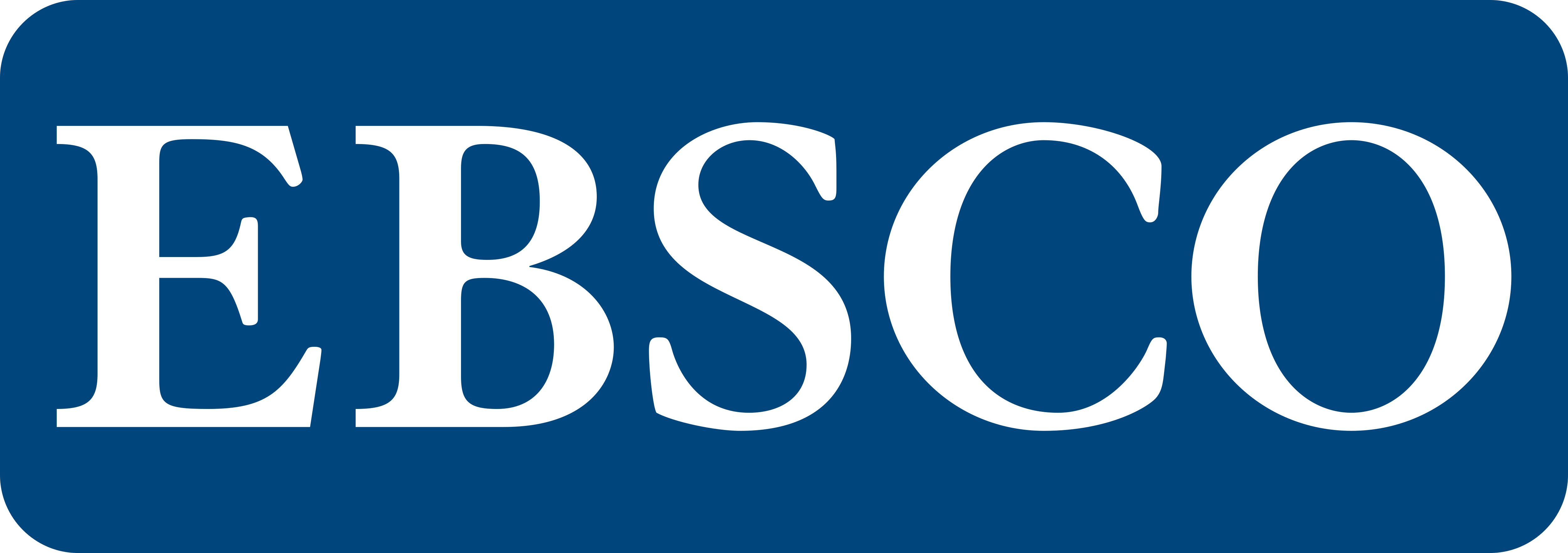Evaluating the predictive power of Altman, KIDA, and Sherrod Models for financial distress: Evidence from the Iraqi private banking sector (2021–2024)
DOI:
https://doi.org/10.36406/ijbam.v8i2.263Abstract
This study determines the degree to which three popular analytical models predict financial failure risk. We applied the Altman Z-Score, KIDA, and SHERROD models to financial data of the Iraqi Private Bank from 2021 to 2024. After conducting relevant financial ratios, the result of each model was analyzed individually to gauge predictive accuracy and determine potential financial vulnerabilities. Our results revealed distinct patterns. The Altman Z-Score indicated a consistent year-to-year decline in its Z-value, signifying declining financial health and rising distress risk—most significantly in 2022. Compared to that, the KIDA model had even more dire data, posting negative readings for the entire period. These repeatedly negative readings triggered plain sight alarm bells about the bank's risk exposure to failure. The SHERROD model was different by revealing greater relative stability. It was positively valued in every year tested. This difference emphasizes the ways in which the underlying methodology of the models affects their sensitivity to financial risk. The principal contribution of this research lies within its multi-model framework. Using multiple analysis tools provides a well-rounded assessment of a bank's financial health that surpasses any model considered independently. Our findings highlight the importance of selecting models that capture the Iraqi banking sector's unique characteristics. Above all, they suggest the importance of developing locally tailored early-warning signs attuned to the particularities of Iraq's own economic situation. Lastly, these remarks have the potential to increase the empowerment of Iraqi bank decision-makers. Through more effective anticipation of impending financial crisis, they are able to craft more anticipatory, more effective plans—a minimum requirement for any financially successful organization.
Downloads
Published
Issue
Section
License
Copyright (c) 2025 Haider Jaafar Abdulhassan, Ibrahim Baraka Hamadi

This work is licensed under a Creative Commons Attribution 4.0 International License.











